- 631-796-2804
- [email protected]
- Mon - Fri: 6:30AM - 5PM
Professional seal coating that extends your driveway’s life and keeps your property looking sharp year after year.
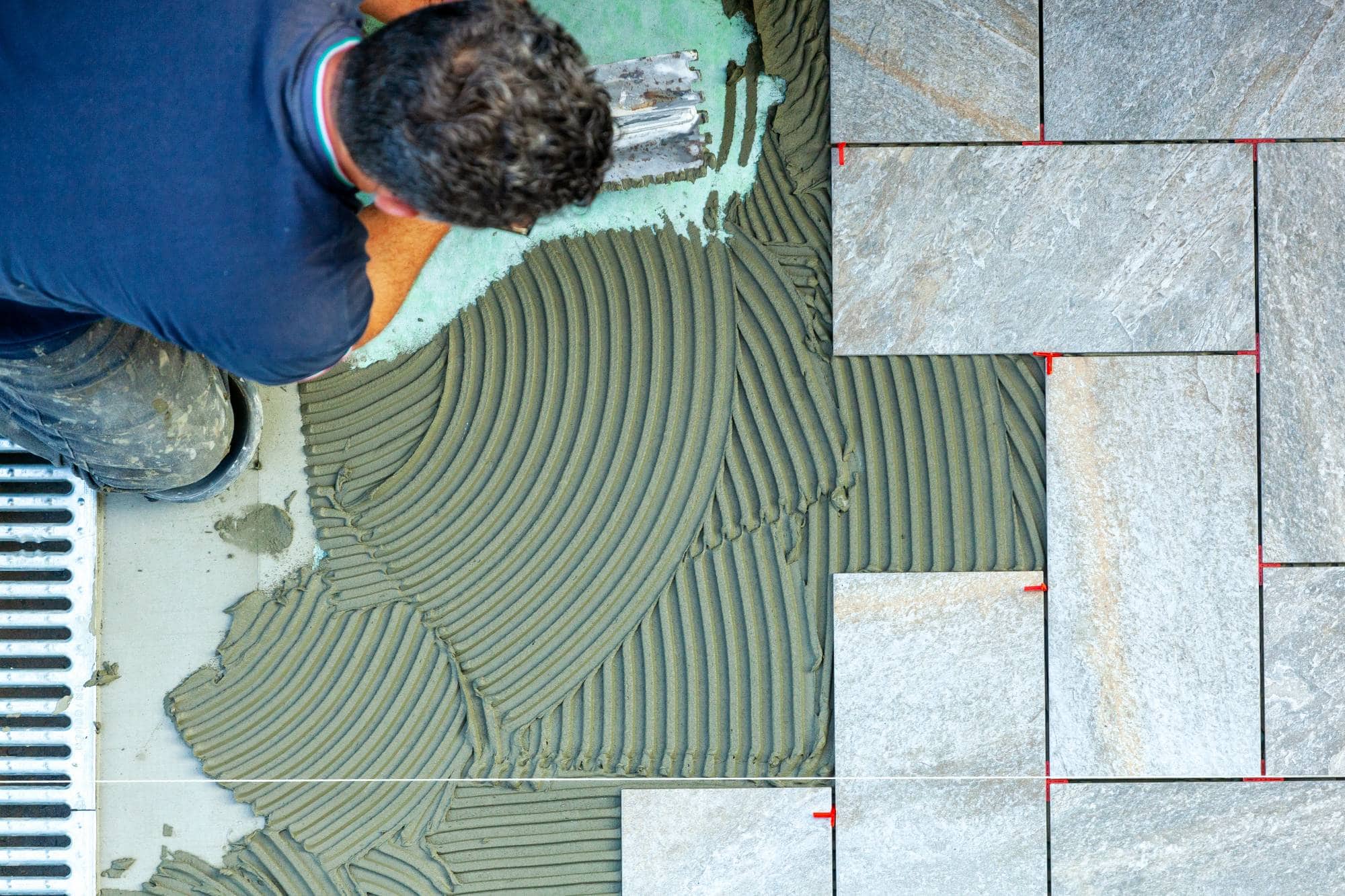
Hear from Our Customers
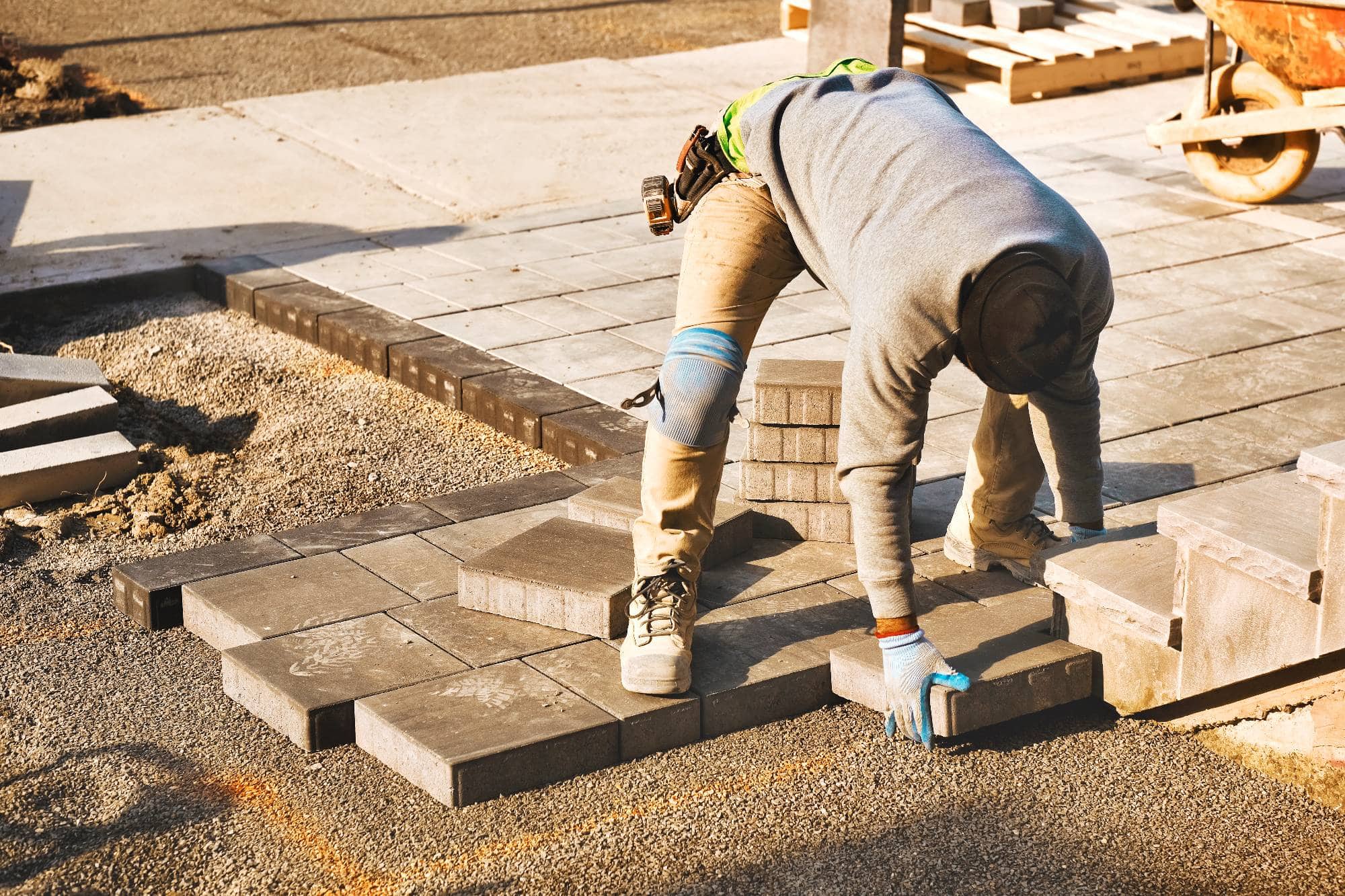
Your driveway stops looking like it’s been through a Long Island winter. The cracks that let water seep in and cause real damage get sealed before they become expensive problems.
You get a protective barrier that blocks UV rays from turning your asphalt brittle and gray. Water rolls off instead of penetrating and expanding when it freezes.
The result is an asphalt surface that lasts 3-5 years longer than untreated pavement. Your property value stays protected, and you avoid the headache of premature replacement costs that can run into thousands.
We understand what Fort Salonga weather does to your driveway. We’ve seen how salt air, freeze-thaw cycles, and summer heat break down asphalt that isn’t properly protected.
We use commercial-grade sealers designed for our climate. Not the thin stuff that wears off in six months, but materials that create a lasting barrier against the elements.
Our team has worked throughout Long Island long enough to know when conditions are right for sealing and when to wait. Timing matters more than most contractors admit.
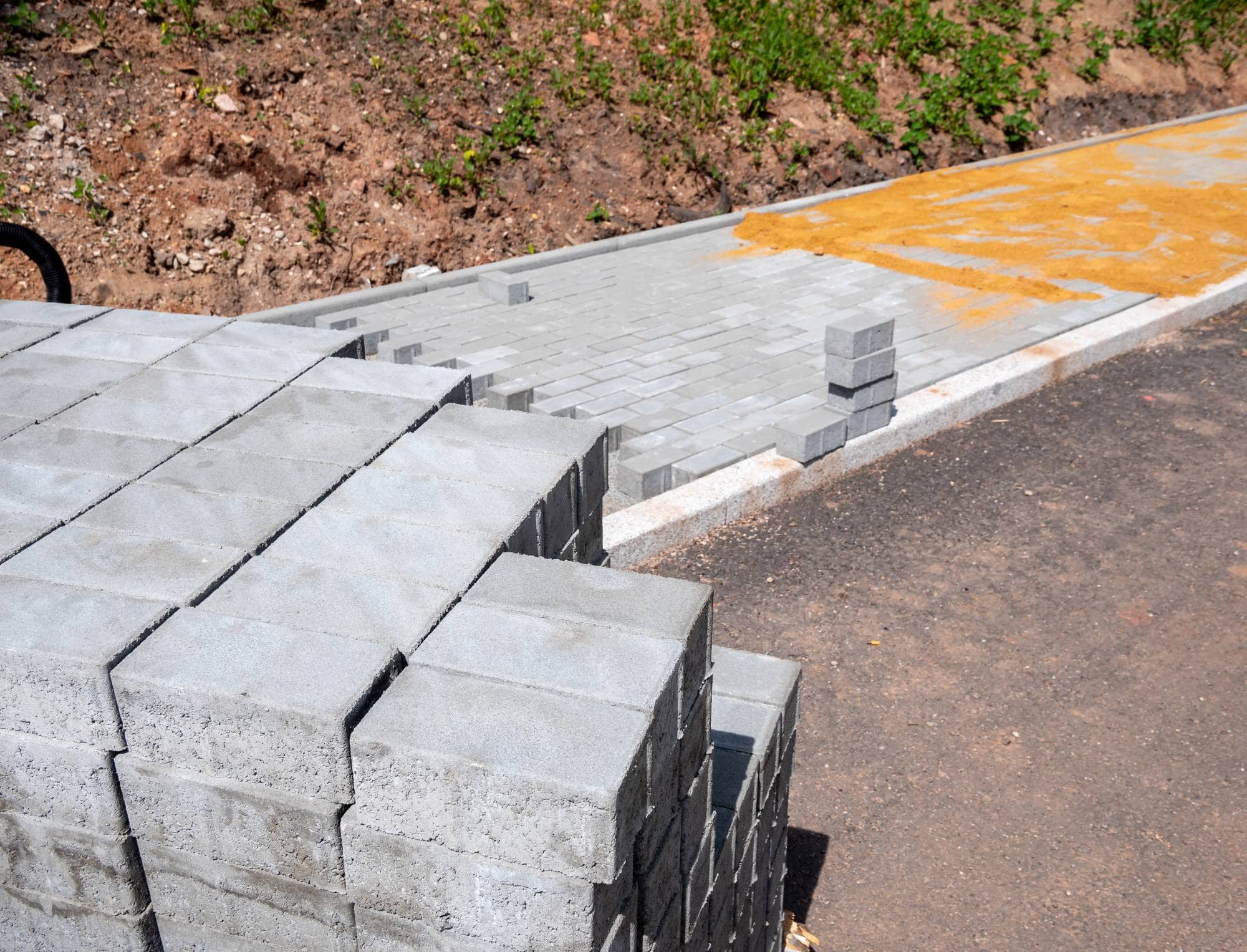
First, we clean your asphalt surface completely. Oil stains, debris, and loose material get removed because sealer won’t bond to dirty pavement.
Next, we fill any cracks wider than a quarter-inch. These need attention before sealing or they’ll telegraph through and create weak spots.
Then we apply two thin coats of commercial-grade sealer using professional equipment. Not brushes or squeegees that leave streaks, but spray systems that ensure even coverage and proper thickness.
The surface needs 24-48 hours to cure completely. We schedule around weather forecasts to avoid rain during this critical period.
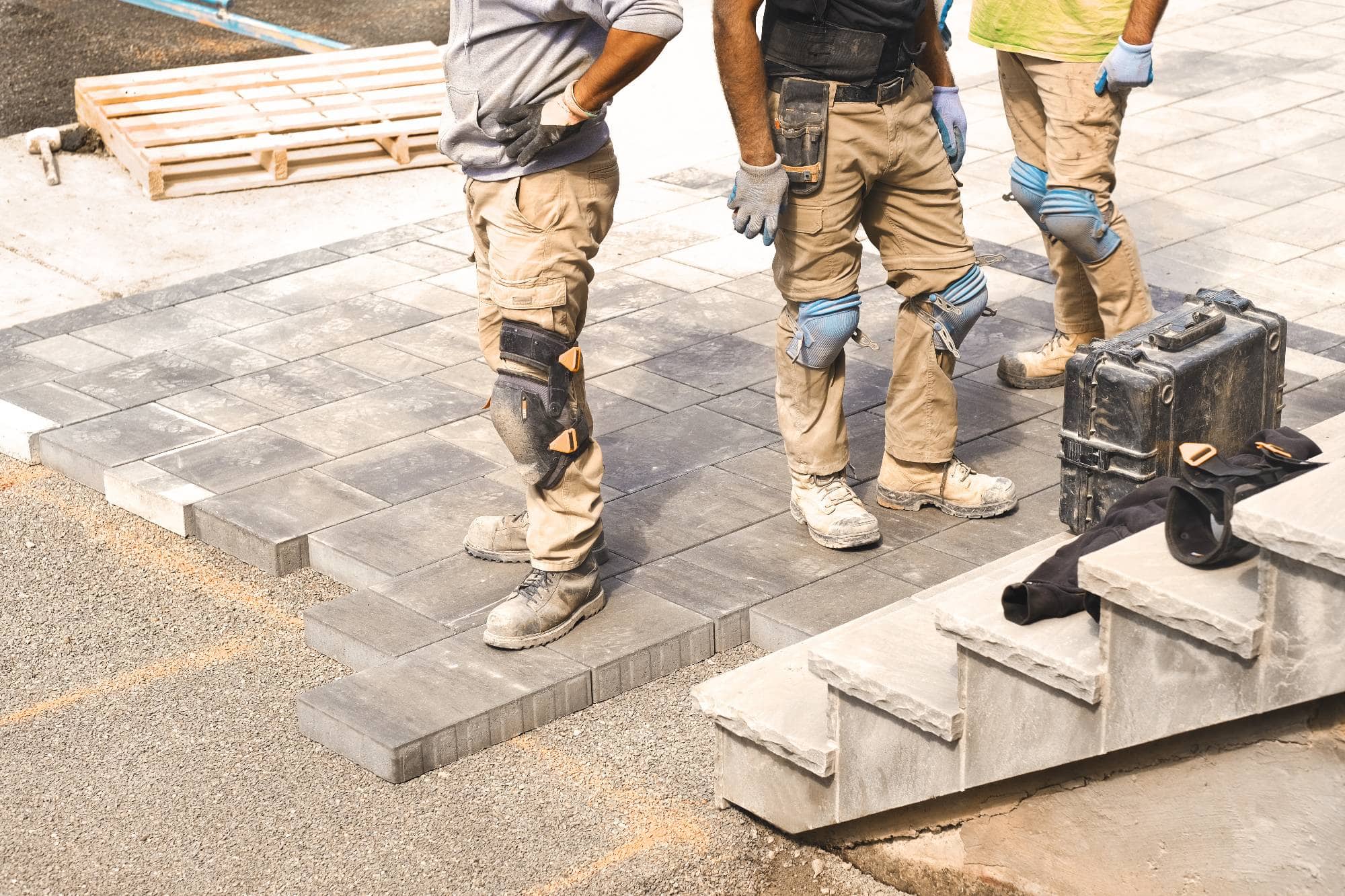
Ready to get started?
You get thorough surface preparation that most contractors skip. We pressure wash when needed and scrape away loose material that would prevent proper adhesion.
Crack filling comes standard for cracks up to half an inch wide. Larger repairs get quoted separately because they require different materials and techniques.
We use only commercial-grade coal tar or asphalt emulsion sealers. The choice depends on your surface condition and traffic patterns. Both provide superior protection compared to hardware store products.
Edge work around landscaping and structures gets hand-detailed. No overspray on your plants or walkways, and clean lines that look professional when we’re done.
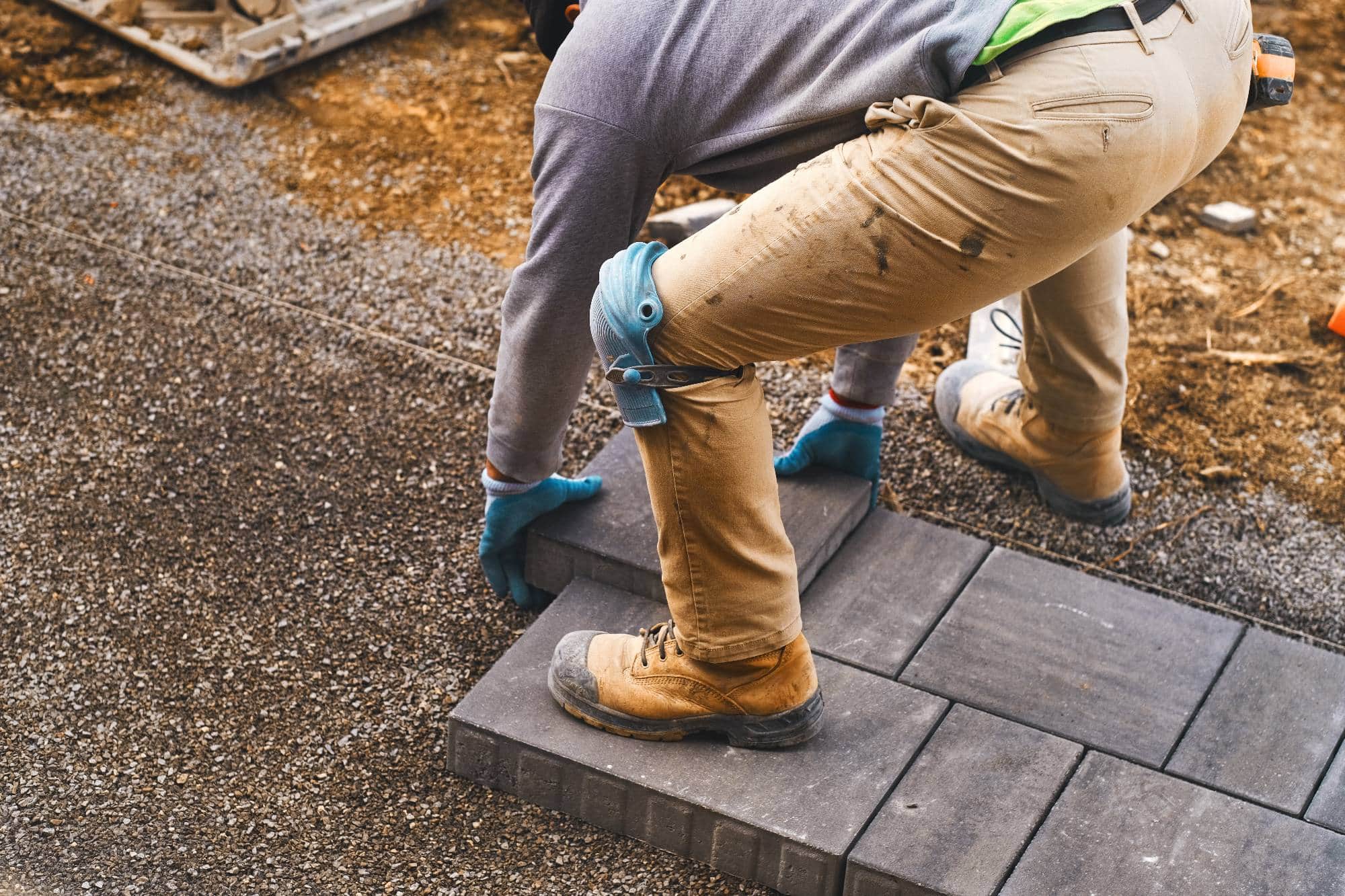

We are a family owned and operated paving contractor servicing customers on the East end of Long Island. We specialize in all phases of paving from start to finish.